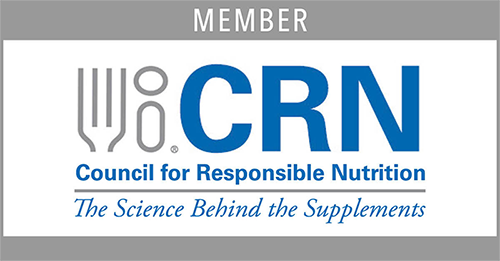What is It?*
Source Type: Mineral
Source(s):
- Naturally found in some animal sources (clams, oysters, mussels)
- Naturally found in various plant sources (whole grains, nuts, legumes, pineapple, blueberries, black pepper)
Manganese is an essential trace mineral that is naturally present in many foods. It is involved in many physiological functions, including bone formation, blood clotting, metabolism, and connective tissue health. Manganese is also involved in the production of sex hormones.
Benefits*
Manganese is beneficial for healthy bone formation and blood sugar regulation.
Effectiveness*
Manganese in combination with other minerals is a necessary component of healthy bone formation. However, there is no specific evidence that manganese can prevent bone-related diseases, such as osteoporosis.
Manganese plays a major role in helping to break down starches and sugars from the foods we eat. However, its effect on preventing diabetes is unknown.
Risks*
Taking high doses of manganese, particularly from supplements or industrial exposure, can lead to symptoms of toxicity. Symptoms may include tremors, muscle spasms, hearing problems, mania, insomnia, headaches, and mood changes. Excessive manganese intake can interfere with the absorption and metabolism of other minerals, such as iron and calcium, potentially leading to deficiencies. Manganese can interact with several medications, including antibiotics, antipsychotics, laxatives, and antacids.



